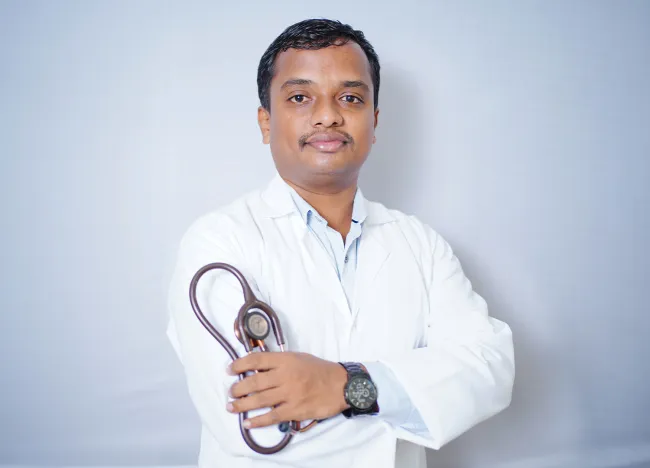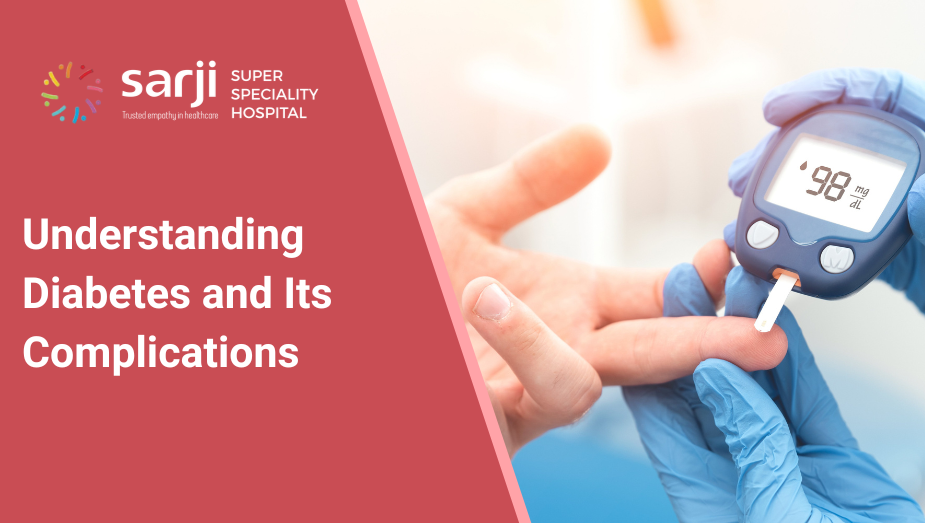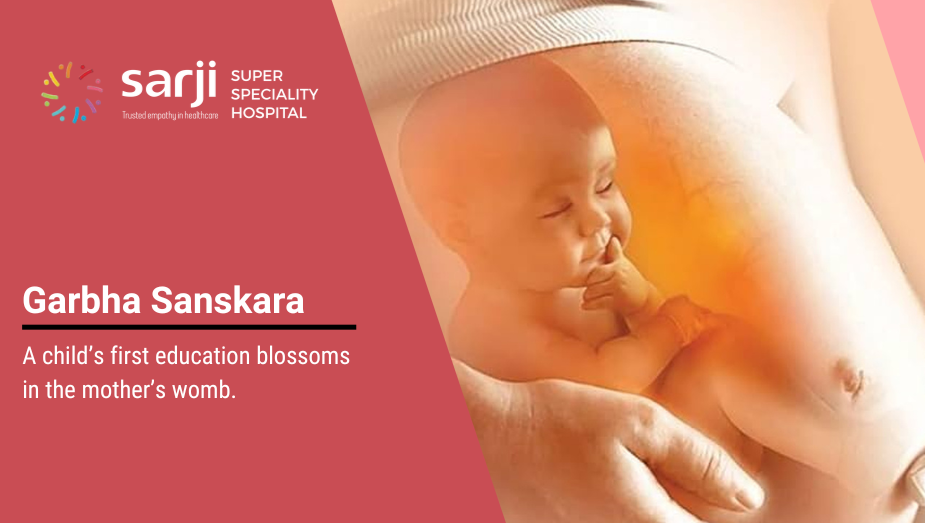The Pediatric Intensive Care Unit (PICU) is a specialized medical facility uniquely tailored to meet the complex needs of critically ill children. What makes the PICU special is its comprehensive approach to pediatric critical care, including
- Specialized Expertise - The PICU is staffed by a multidisciplinary team of healthcare professionals explicitly trained in pediatric critical care, including pediatric intensivists, nurses, respiratory therapists, and other specialists.
- Child-Friendly Environment - PICUs are designed to create a child-friendly and family-centered environment, with amenities and resources tailored to meet the unique needs of pediatric patients and their families during times of medical crisis.
- Advanced Technology - PICUs have state-of-the-art medical equipment and technology for pediatric patients, including specialized ventilators, monitoring devices, and pediatric-sized medications.
- Specialized Care Protocols - The PICU utilizes specialized care protocols and treatment algorithms tailored to children's unique physiology and developmental needs, ensuring safe and effective care delivery.
- Family-Centered Care - The PICU emphasizes family-centered care, focusing on open communication, shared decision-making, and family support throughout their child's critical illness.
- Collaborative Approach - The PICU fosters a collaborative approach to patient care, with multidisciplinary teams working together to develop individualized treatment plans and provide comprehensive support to patients and families.
- Quick Response - PICUs are equipped to respond rapidly to pediatric emergencies, providing immediate resuscitation, stabilization, and critical care interventions for children facing life-threatening medical conditions.
Overall, what makes the PICU special is its dedication to providing specialized, compassionate, and comprehensive care to critically ill children, ensuring the best possible outcomes for patients and their families during times of medical crisis.
Conditions When a Kid is Admitted to PICU
Pediatric Intensive Care Units (PICUs) serve as critical lifelines for children facing severe medical problems. Admission to the PICU is necessary for managing a wide range of acute and life-threatening conditions, each requiring specialized care and intervention.
- Respiratory Distress - Children with severe respiratory distress, including asthma exacerbations, pneumonia, acute respiratory distress syndrome (ARDS), or respiratory failure, may require admission to the PICU for advanced respiratory support, including mechanical ventilation and oxygen therapy.
- Neurological Emergencies - Neurological emergencies such as traumatic brain injury, status epilepticus, intracranial hemorrhage, or acute stroke necessitate immediate and specialized care in the PICU. Close neurological monitoring, seizure management, and intracranial pressure control are essential in optimizing outcomes for these patients.
- Sepsis and Septic Shock - Children with severe sepsis or septic shock require aggressive resuscitation and hemodynamic support, including fluid resuscitation, vasopressor therapy, and antibiotic administration. Monitoring vital signs, organ function, and tissue perfusion is crucial in managing septic pediatric patients.
- Cardiac Emergencies - Cardiac emergencies such as congenital heart defects, arrhythmias, myocarditis, or cardiogenic shock may necessitate admission to the PICU for advanced cardiac monitoring, hemodynamic support, and potentially invasive interventions such as extracorporeal membrane oxygenation (ECMO) or cardiac catheterization.
- Post-operative Care - Children undergoing complex surgical procedures, including cardiac surgery, neurosurgery, or major trauma surgery, often require close post-operative monitoring and management in the PICU. Pain control, hemodynamic stability, and early detection of complications are paramount in optimizing postoperative outcomes.
- Metabolic and Endocrine Disorders - Metabolic emergencies such as diabetic ketoacidosis, electrolyte imbalances, or adrenal crises may necessitate admission to the PICU for intensive monitoring and treatment. Monitoring fluid status, electrolytes, and glucose levels is essential in managing these patients.
- Trauma and Accidents - Children with severe trauma, including motor vehicle accidents, falls, or non-accidental trauma, may require immediate resuscitation and stabilization in the PICU. Multidisciplinary care, including trauma surgeons, neurosurgeons, and critical care specialists, is essential in managing these complex cases.
Conclusion
The Pediatric Intensive Care Unit (PICU) is a beacon of hope and specialized care for critically ill children and their families. With its multidisciplinary expertise, child-friendly environment, advanced technology, and family-centered approach, the PICU offers a unique and essential resource in pediatric medicine. Through collaborative efforts and specialized care protocols, the PICU plays a pivotal role in saving lives and providing compassionate support to children facing the most critical medical challenges.
Frequently Asked Questions About Pediatric Intensive Care Unit (PICU)
Q1. What makes the Pediatric Intensive Care Unit (PICU) unique compared to other medical facilities?
- The PICU provides specialized care tailored to the unique needs of critically ill children, with a multidisciplinary team, a child-friendly environment, and advanced technology.
Q2. What role does family-centered care play in the PICU?
- Family-centered care is central to the PICU's approach, emphasizing open communication, shared decision-making, and family support throughout their child's illness.
Q3. How does the PICU respond to pediatric emergencies?
- The PICU is equipped to respond rapidly to emergencies, providing immediate resuscitation, stabilization, and critical care interventions for children facing life-threatening conditions.
Q4. What types of healthcare professionals are typically part of the PICU team?
- The PICU team typically includes pediatric intensivists, nurses, respiratory therapists, and other specialists trained in pediatric critical care.
Q5. What amenities and resources are available in the PICU to support pediatric patients and their families?
- PICUs are designed with amenities and resources tailored to meet pediatric patients and their families' unique needs, including child-friendly rooms, play areas, and support services.
Doctors

Dr. Dhananjaya Sarji
Chairman, Proprietor & Principal Head of Sarji Group Of Hospitals , Sarji Institutes
Experience: 20+ Years
View











